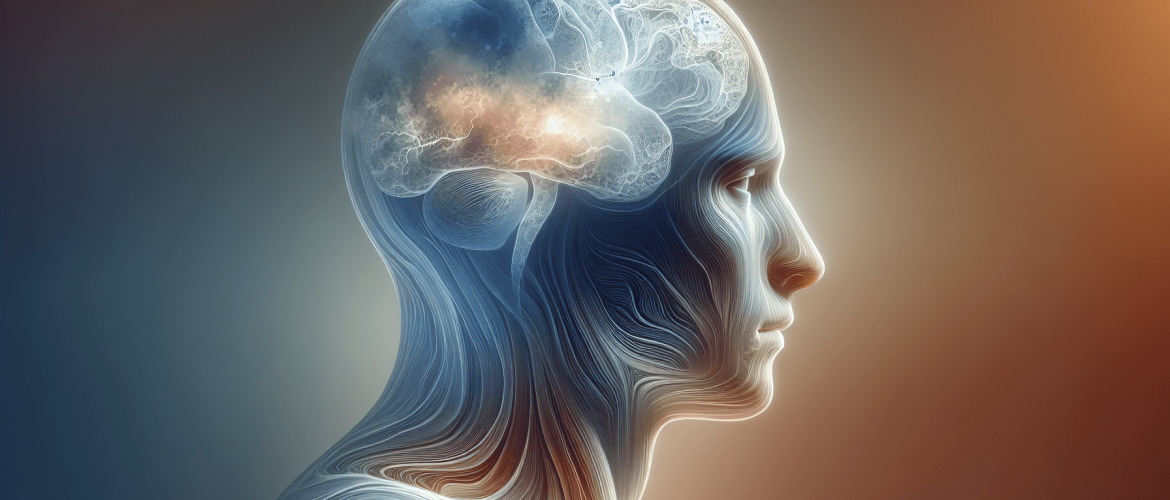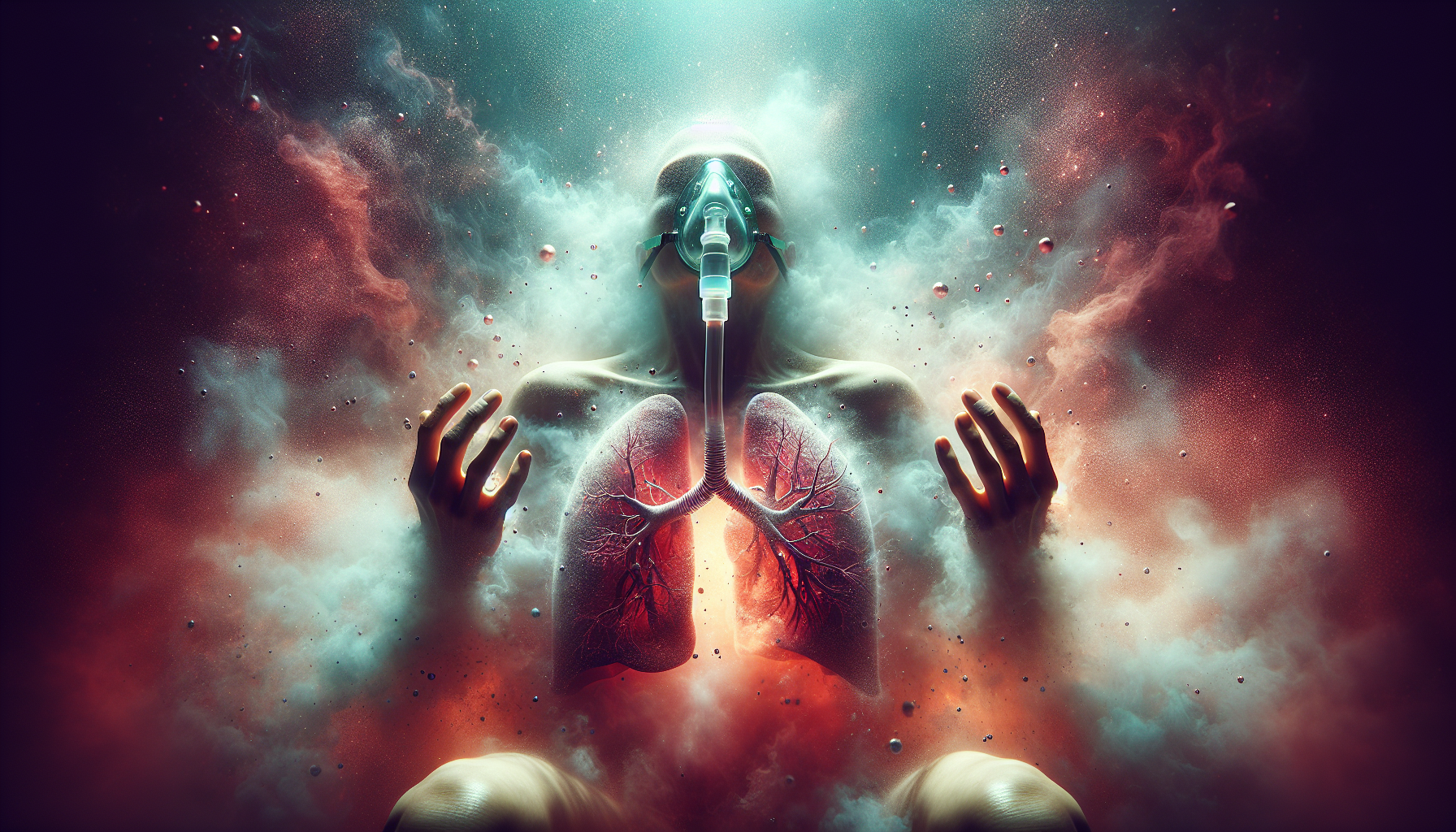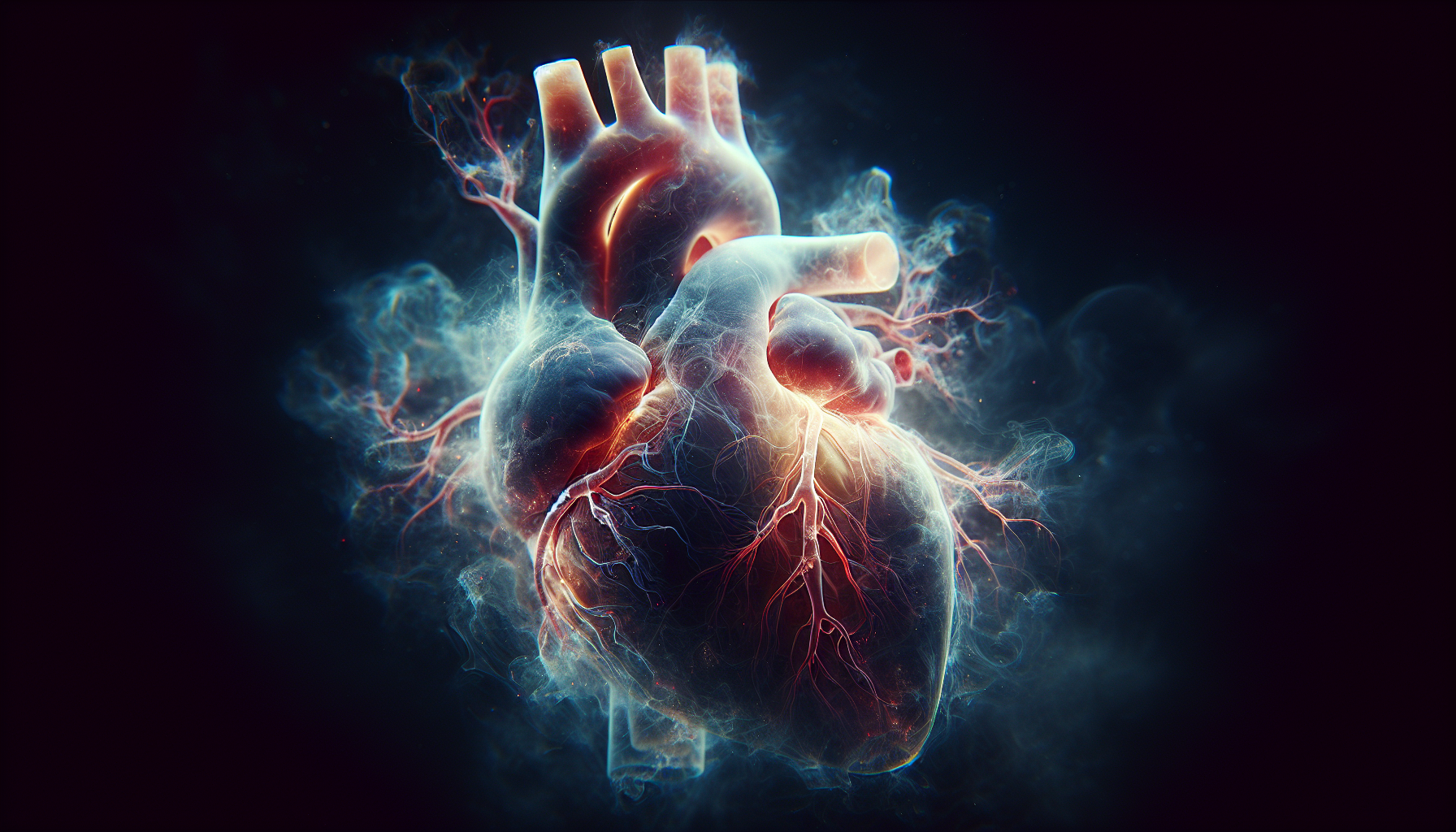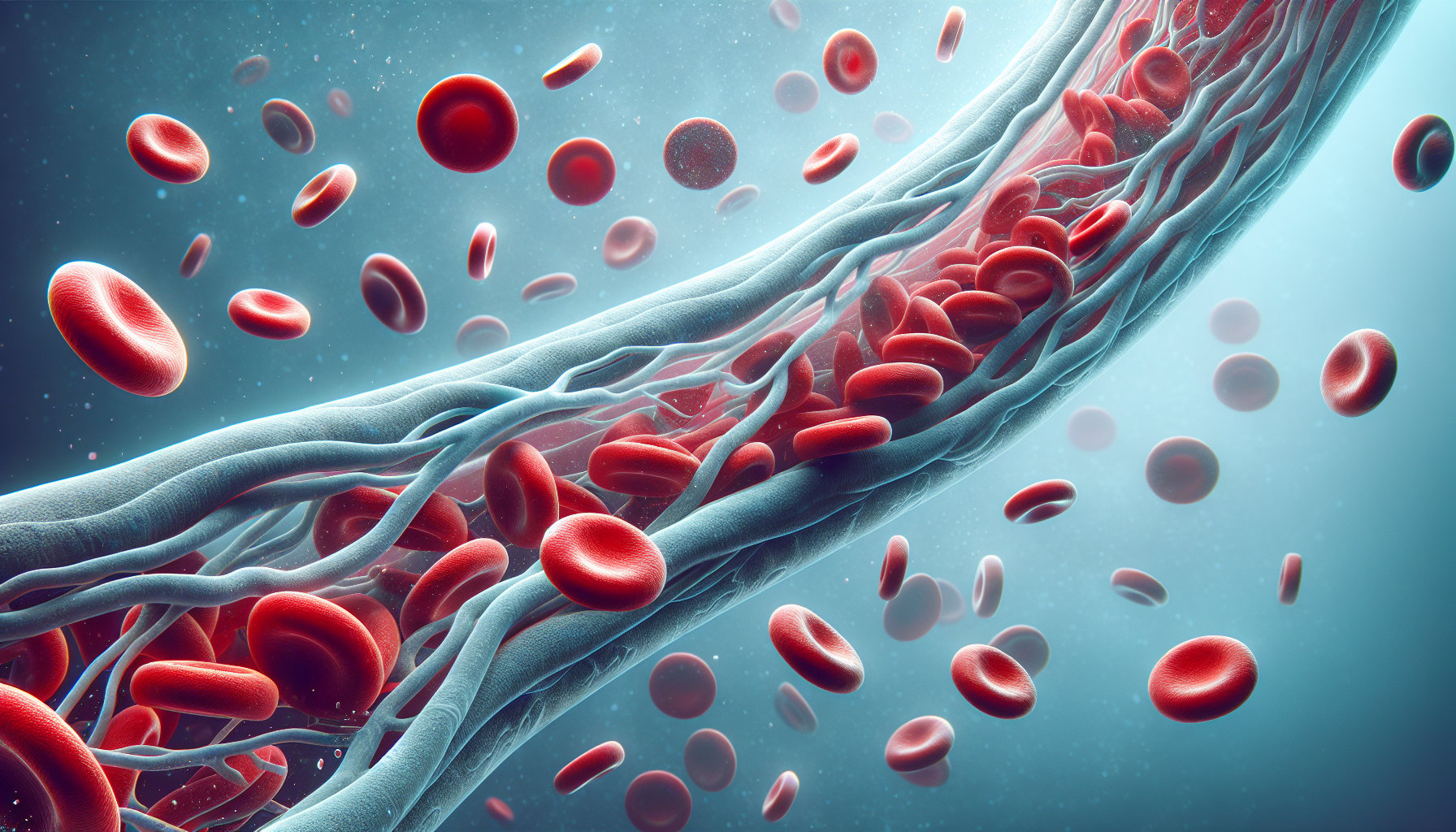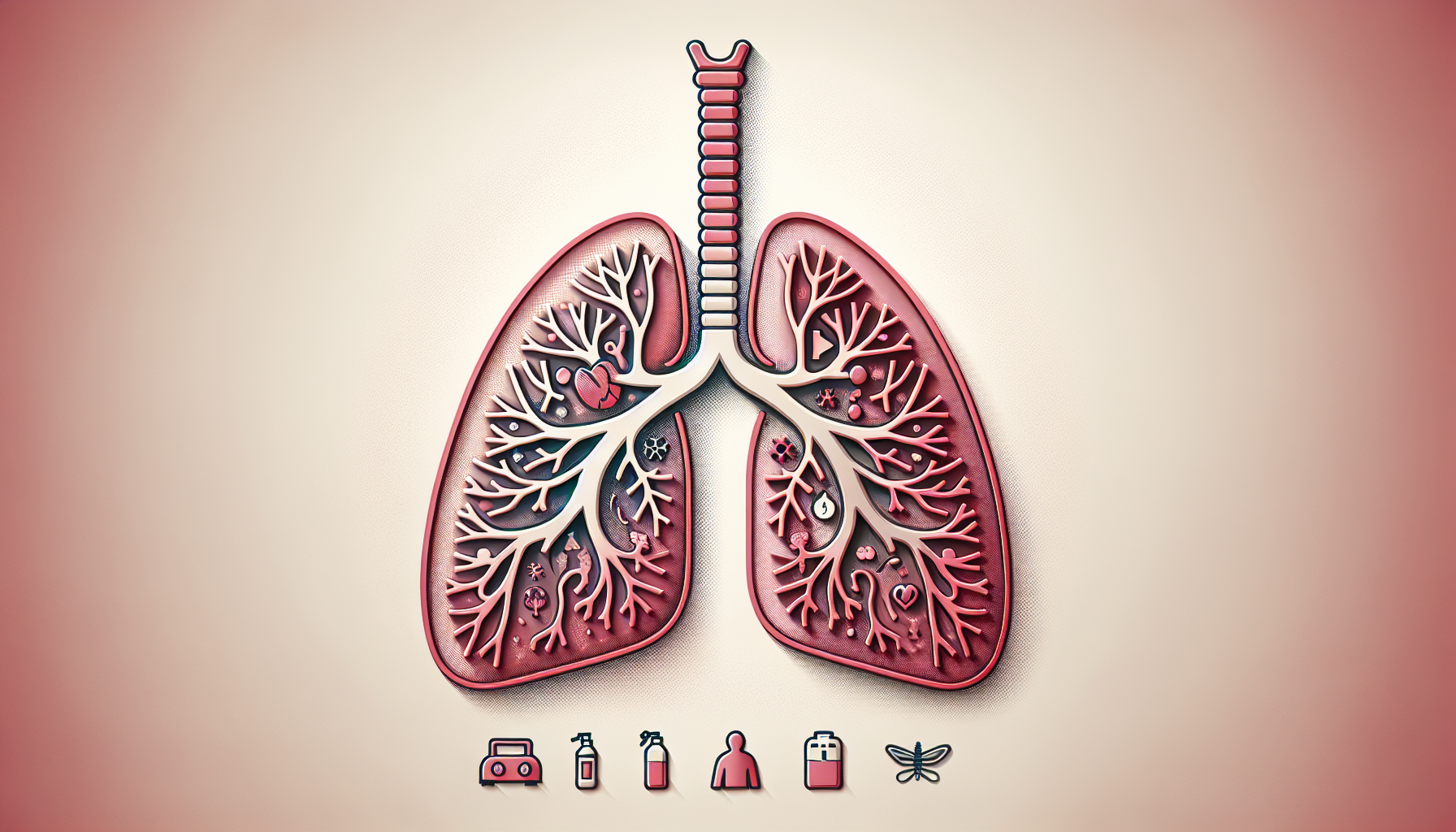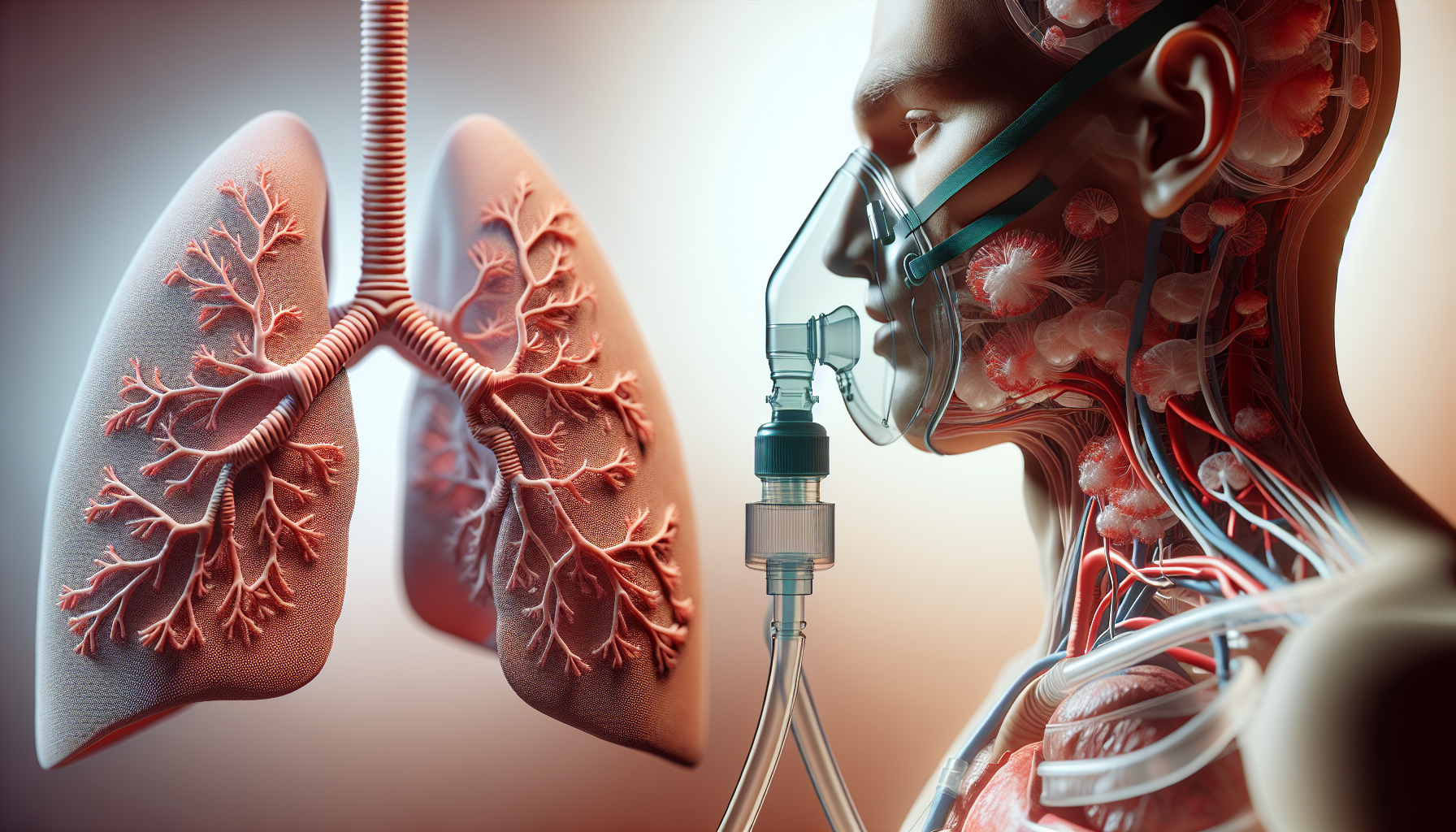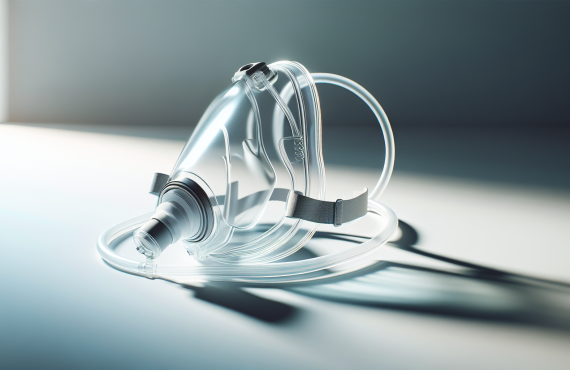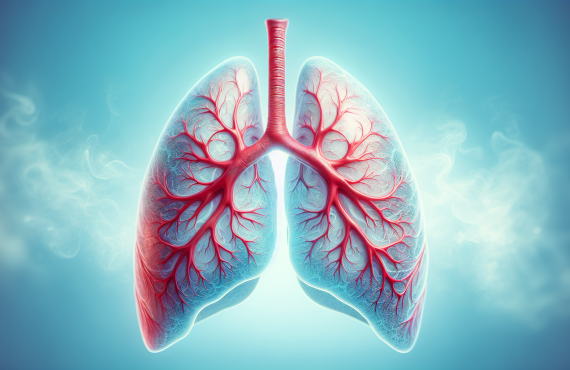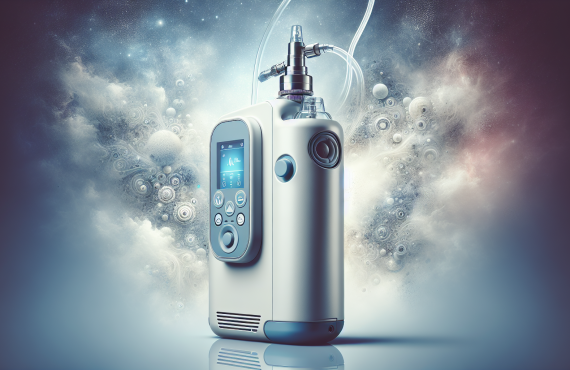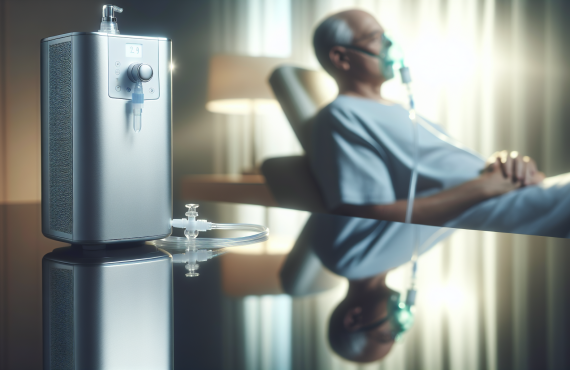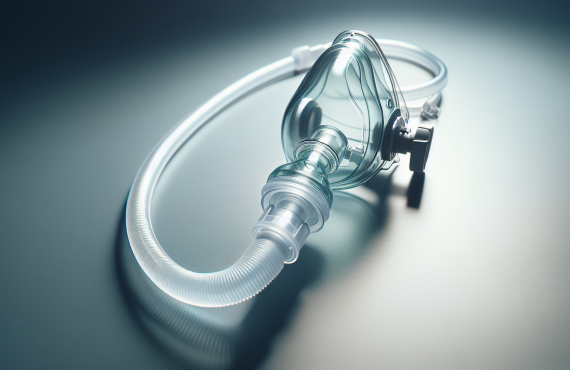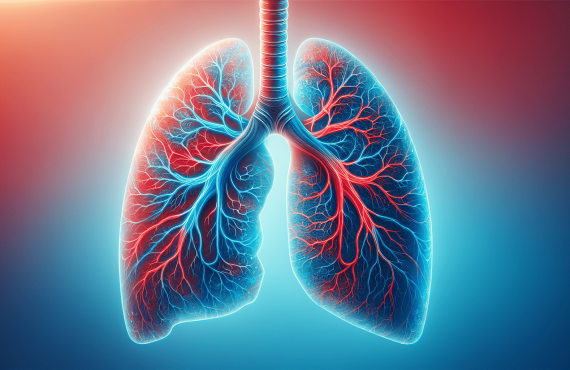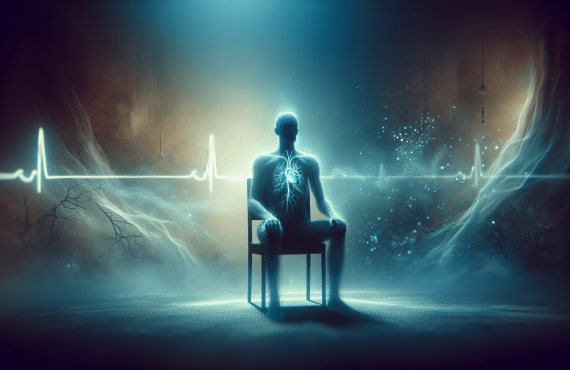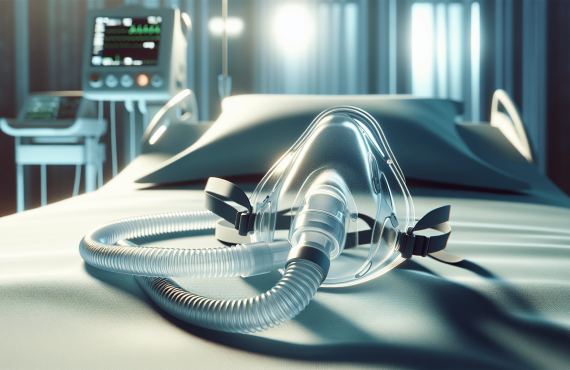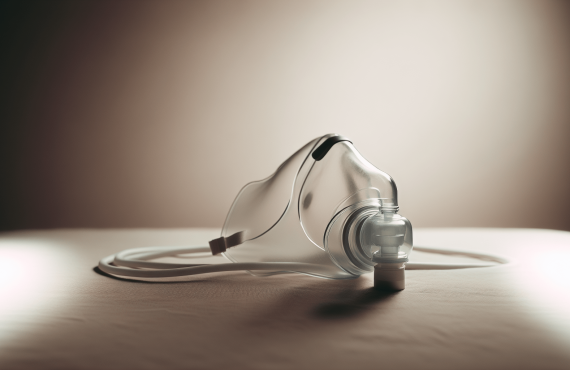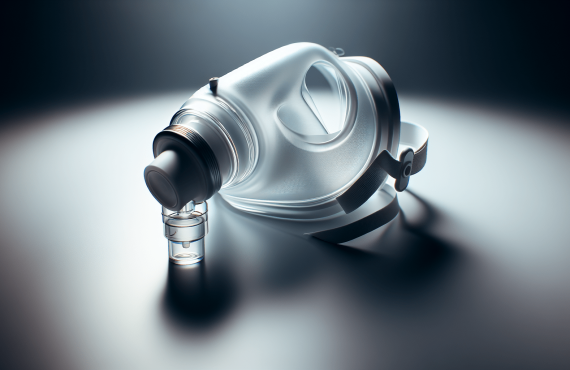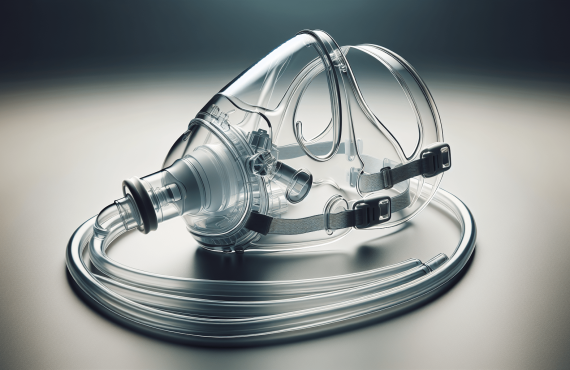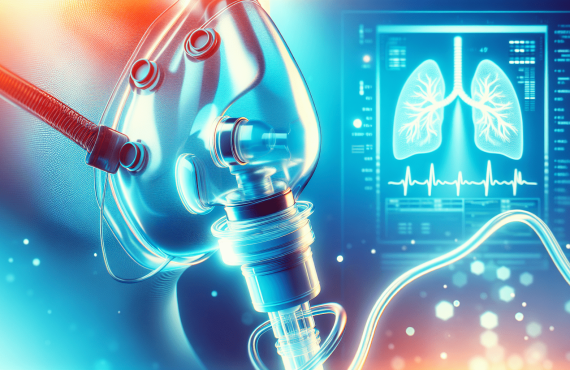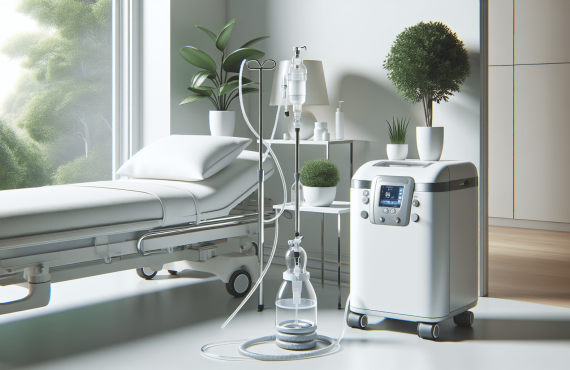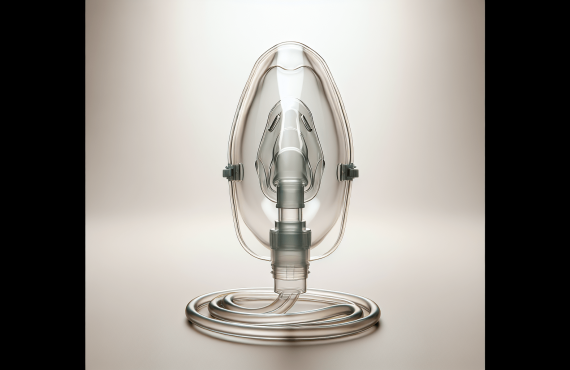Could you tell if your body lacked oxygen? Recognizing early signs of oxygen deficiency is crucial. Initiating a journey toward understanding how your body communicates distress can be life-saving. Breathing is automatic, yet a deficiency in oxygen can disturb this rhythm. The body whispers warnings; it’s our task to listen.
Table of Contents
Understanding Oxygen Deficiency
Oxygen is the body’s essential resource. Every breath fuels cells and powers vital processes. When oxygen levels dip, it affects overall health. Known as hypoxia, this condition ranges from mild to severe. Identifying it early makes a difference.
What is Hypoxia?
Hypoxia means the body or specific areas don’t get enough oxygen. Our cells need oxygen, just like plants need sunlight. Without it, they can’t function properly. This condition is common, often mild, but sometimes severe.
Causes of Oxygen Deficiency
Various factors cause oxygen deficiency. High altitudes, where air is thinner, automatically reduce oxygen intake. Medical conditions affecting lungs or heart can impair oxygen delivery. Stress and physical exertion also temporarily lower oxygen levels.
Signs and Symptoms of Oxygen Deficiency
Detecting oxygen deficiency early helps prevent complications. Symptoms can be vague, often mistaken for tiredness or stress. Yet, your body provides several clues.
Fatigue and Weakness
A primary sign of oxygen deficiency is unexplained fatigue. When cells lack oxygen, energy production drops. As a result, tiredness creeps in, making simple tasks exhausting. If exhausted without reason, consider oxygen levels as a potential cause.
Rapid Breathing
Rapid, shallow breathing might seem like a reflex, but it’s your body’s attempt to gather more oxygen. Experiencing this regularly? It might signal oxygen deficiency. Track breathing patterns—address any irregularities quickly.
Confusion and Difficulty Concentrating
Oxygen is crucial for brain function. Insufficient oxygen affects concentration and memory. You might notice difficulty in focusing or simple confusion. This mental fog can affect daily tasks, signaling oxygen-related issues.
Cyanosis
Cyanosis appears on skin and lips, tinged blue due to reduced oxygen. This visible sign indicates serious oxygen deprivation. It’s particularly noticeable in the fingers, toes, and face. Immediate medical attention is necessary.

Causes and Risk Factors of Oxygen Deficiency
Identifying conditions contributing to oxygen deficiency helps manage risk. Being aware allows proactive health measures.
Respiratory Conditions
Respiratory diseases like COPD and asthma significantly impact oxygen intake. These conditions obstruct normal breathing, requiring management to maintain healthy oxygen levels.
Heart Problems
Heart conditions such as heart failure or coronary artery disease reduce blood flow, decreasing oxygen delivery to tissues. Proper management ensures adequate oxygenation.
Lifestyle Factors
Smoking and pollution exposure negatively affect lung function. Living an unhealthy lifestyle, such as excessive alcohol and poor diet, further exacerbates risks.
At-Altitude Situations
Climbing high mountains or residing at high altitudes directly impacts oxygen intake. This is due to reduced atmospheric pressure, requiring your body to adapt accordingly.
How Hyperbaric Therapy Helps
Hyperbaric therapy, breathing pure oxygen in a pressurized chamber, addresses oxygen deficiency. It’s a science-backed treatment boosting oxygen levels naturally.
The Mechanics of Hyperbaric Therapy
Breathing pure oxygen increases oxygen concentration in the blood, reaching deprived tissues. This promotes healing by reducing inflammation and encouraging new blood vessel growth.
Health Benefits
Hyperbaric therapy boosts energy, enhances immune function, and fosters cell regeneration. It even aids in recovery after strokes or severe injuries.

Professional Help in Pensacola
If suspecting oxygen deficiency concerns, professional guidance is vital. In Pensacola, Dr. Craig Henry and Dr. Aaron Hixon provide expert care at Henry Chiropractic. Here’s why they can help:
Who is Dr. Craig Henry?
Dr. Craig Henry leads Henry Chiropractic, serving Pensacola and nearby communities. He employs chiropractic care to enhance life quality, addressing pain and promoting wellness. Whether seeking relief or improved vitality, Dr. Henry is your go-to expert.
Meet Dr. Aaron Hixon
Dr. Aaron Hixon, a Florida native, complements the team with a robust background in exercise science and chiropractic care. His passion for helping others is evident in his techniques and local community involvement.
Why Choose Henry Chiropractic?
Henry Chiropractic combines expertise and compassion to address health issues. Tailored chiropractic techniques offer solutions for varied conditions. Their personalized care focuses on genuine well-being.
For consultations, visit:
-
Henry Chiropractic
1823 N 9th Ave
Pensacola, FL 32503
(850) 435-7777
Visit Website
FAQ on Oxygen Deficiency and Hyperbaric Therapy
What are the common symptoms of oxygen deficiency?
Fatigue, confusion, rapid breathing, and cyanosis are some key symptoms. If experienced, consider checking oxygen levels.
How can I prevent oxygen deficiency?
Regular exercise, a healthy diet, and avoiding smoking help maintain oxygen levels. Monitor health conditions that affect breathing.
Is hyperbaric therapy safe?
Yes, when supervised by professionals. Ensure treatment at a certified facility for best results.
Can chiropractic care help with oxygen deficiency?
Chiropractic care may contribute by improving lung function and reducing stress. Discuss specific health needs with a qualified chiropractor.
How do I know if I need hyperbaric therapy?
If experiencing symptoms or diagnosed with a related condition, consult your healthcare provider to determine if it’s suitable for you.
Understanding oxygen deficiency and taking proactive steps ensures well-being. Recognize early signs and seek appropriate treatment. Trusted professionals at Henry Chiropractic are ready to assist, ensuring you receive compassionate care.


